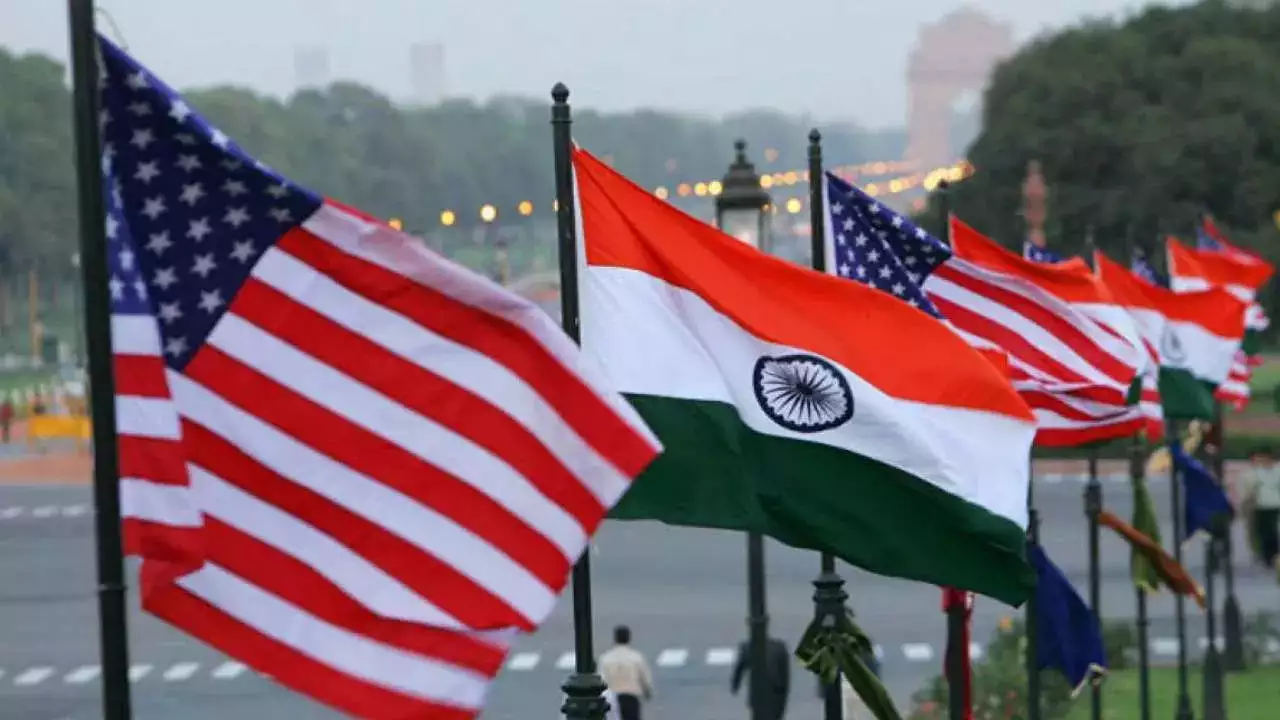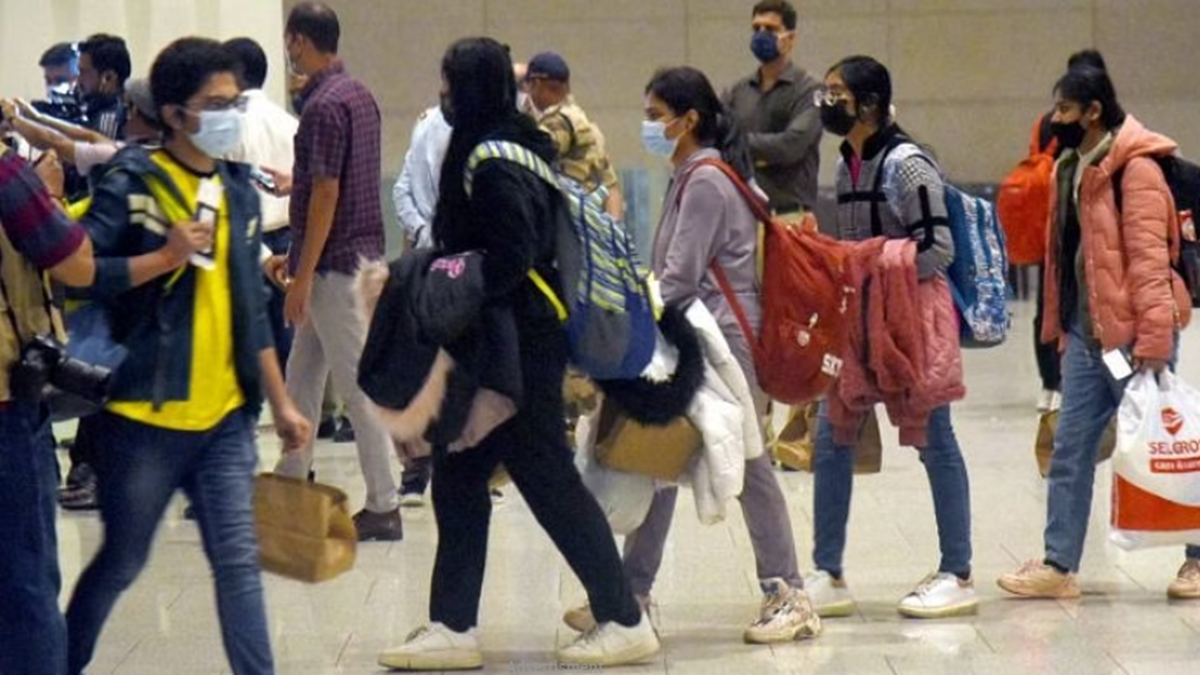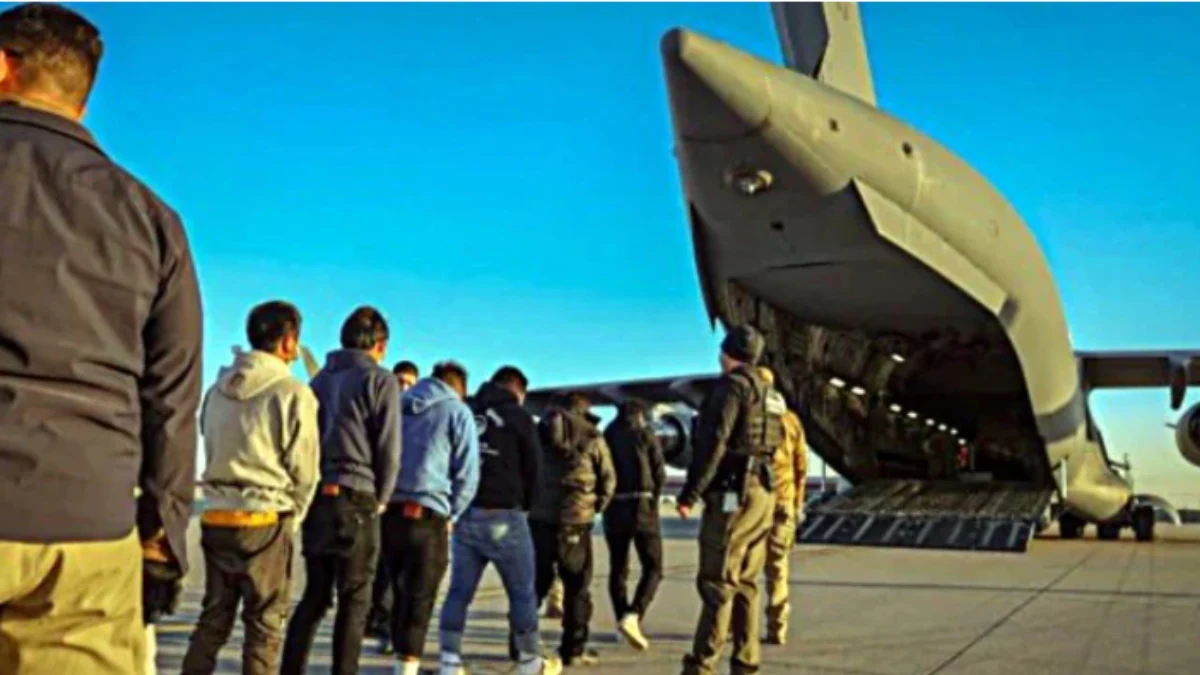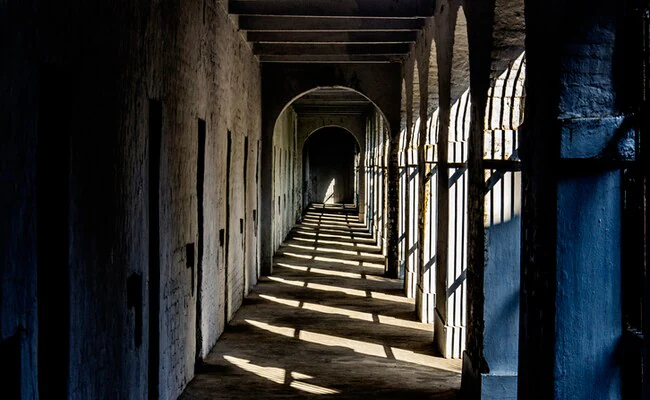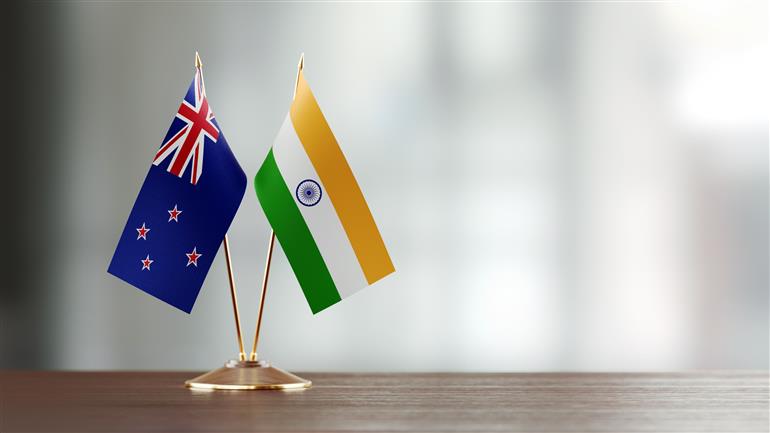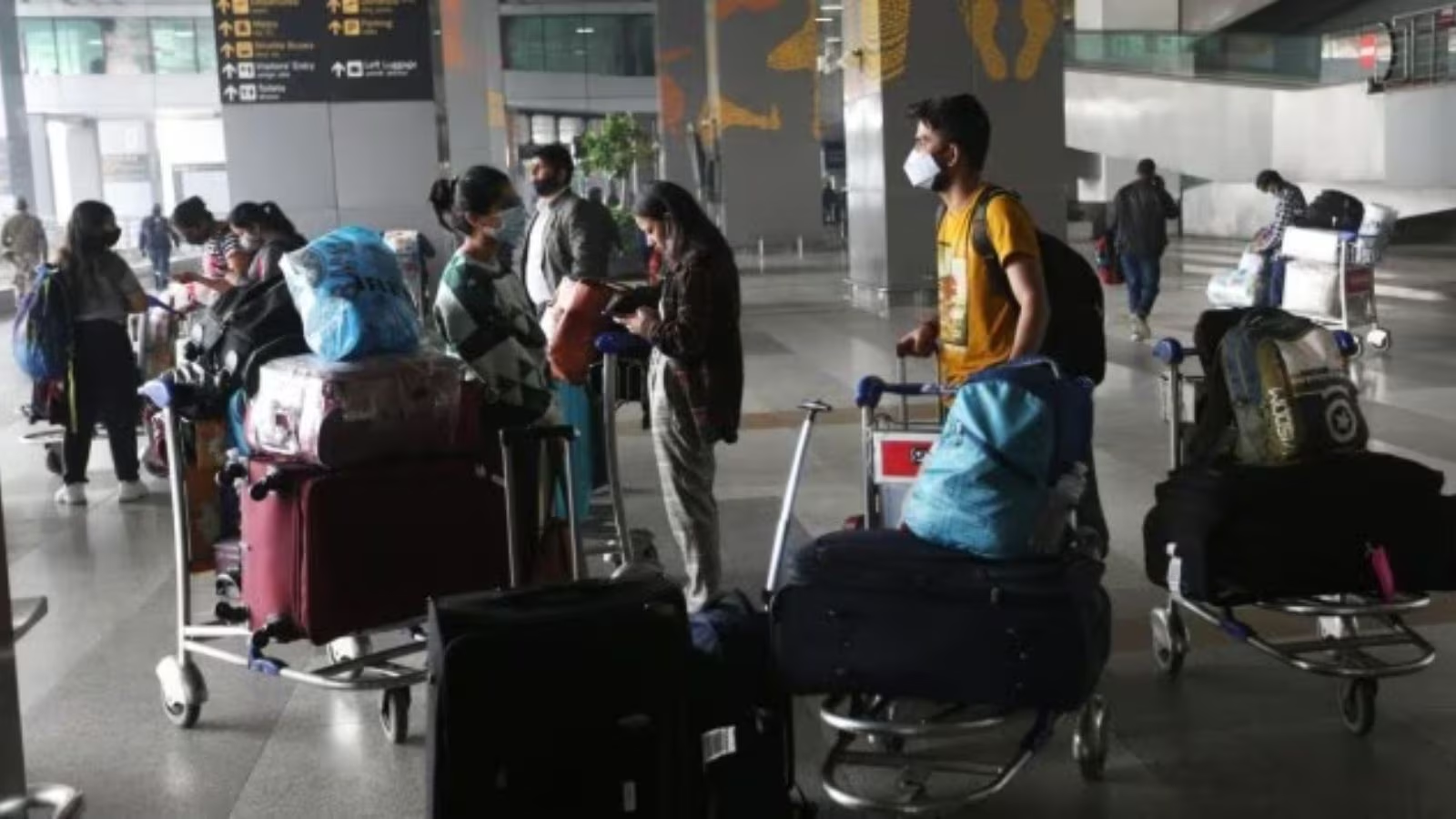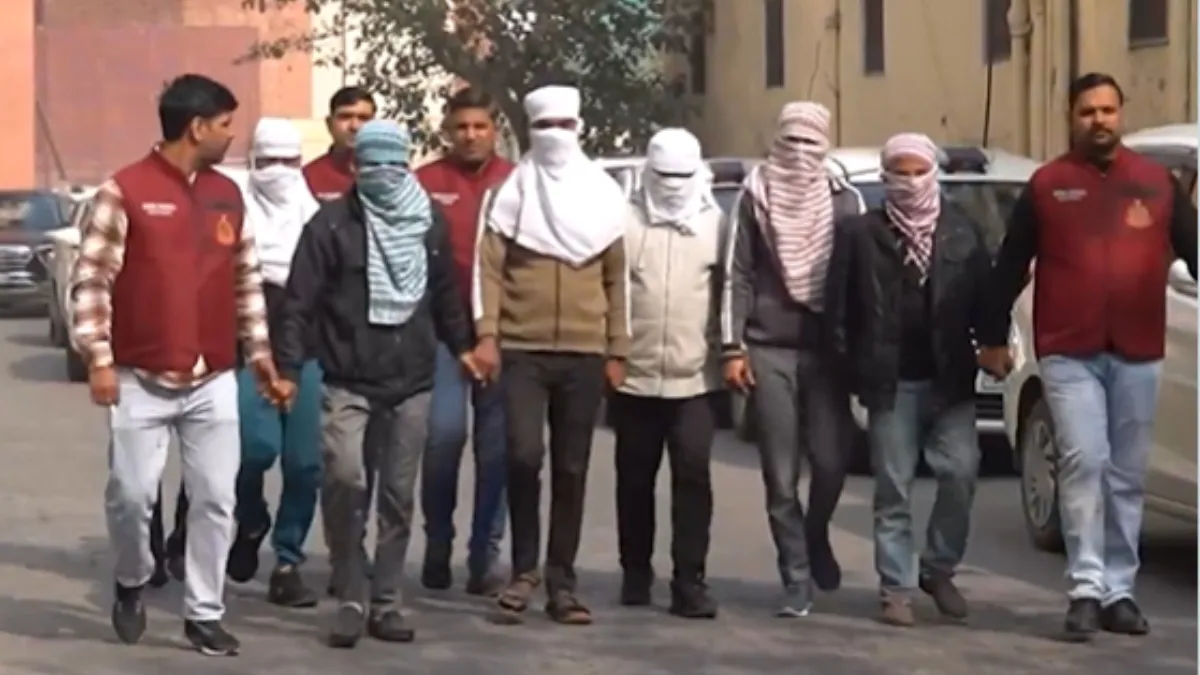Despite years of appeals from naturalized U.S. citizens of Indian origin, the Indian government remains steadfast in its refusal, citing concerns over security challenges
Over 5 million Indian-Americans eagerly await the year 2024, aspiring for resolutions that have long eluded them on their quest for an enhanced connection with India and a more seamless integration into the American Dream. Foremost among their aspirations is the persistent demand for dual citizenship, a topic that recently resurfaced in the Indian Parliament. Despite years of appeals from naturalized U.S. citizens of Indian origin, the Indian government remains steadfast in its refusal, citing concerns over security challenges.
For Indian-Americans, the pursuit of dual citizenship is not just a New Year’s resolution; it symbolizes a quest for greater global mobility. While they currently qualify for Overseas Citizen of India (OCI) cards, granting them indefinite stay and work privileges in India, crucial rights such as the ability to invest in agricultural properties, contest elections, and exercise voting rights continue to elude them. Dual citizenship, they believe, would bridge these gaps and provide a more comprehensive connection to their homeland.
Another enduring resolution revolves around the removal of the 7% cap on employment-based Green Cards. The contribution of Indians to the U.S. economy has been substantial, yet the 7% country-wise cap has led to a backlog, increased wait times, and complications for the immigration status of children approaching aging out. Despite historical attempts at immigration reform, none have materialized, leaving 1.1 million Indians stuck in a green card backlog with an alarming 134-year wait period.
Hope rests on the Immigration Visa Efficiency and Security Act of 2023 (HR 6542), introduced in the U.S. House of Representatives. The bill, supported by influential figures like Indian American Raja Krishnamoorthi and Pramila Jayapal, seeks to eliminate the per-country cap on employment-based green cards. As 2024 approaches, the fate of this critical legislation hangs in the balance, offering a glimmer of optimism for those mired in the green card backlog.
As the countdown to 2024 begins, the Indian-American community remains hopeful that these resolutions, which have lingered for years, will finally see progress, bringing them closer to the realization of their aspirations
Recognition of Diwali as a federal holiday has been a longstanding goal for the Indian-American community. Despite the introduction of the Deepavali Day Act in 2021, the conversion of this aspiration into reality remains pending. Noteworthy support from key members like Congressman Raja Krishnamoorthi and Congresswoman Carolyn Maloney has propelled the cause forward. While Diwali gains acknowledgment in various forms across the U.S., the demand for a federal holiday persists, reflecting the community’s desire for broader cultural recognition.
The Indian diaspora’s yearning for more direct flights to India is another prominent resolution. With approximately 5 million Indian-Americans constituting the second-largest immigrant group in the U.S., their collective voice calls for improved air connectivity. Lobbying efforts directed at Indian diplomats, Consul Generals, and airlines like Air India aim to establish nonstop flights from cities such as Seattle, Dallas, Los Angeles, and others. The goal is to simplify travel for high-profile Indian professionals and address the inconveniences associated with layovers, missed connections, and transit visa issues.
As the countdown to 2024 begins, the Indian-American community remains hopeful that these resolutions, which have lingered for years, will finally see progress, bringing them closer to the realization of their aspirations.
************************************************************************
Readers

